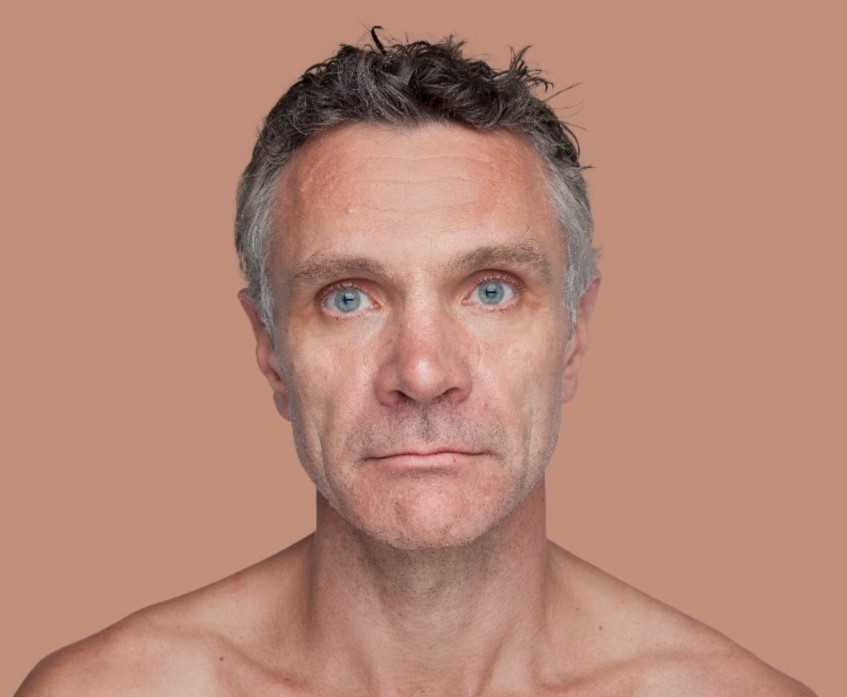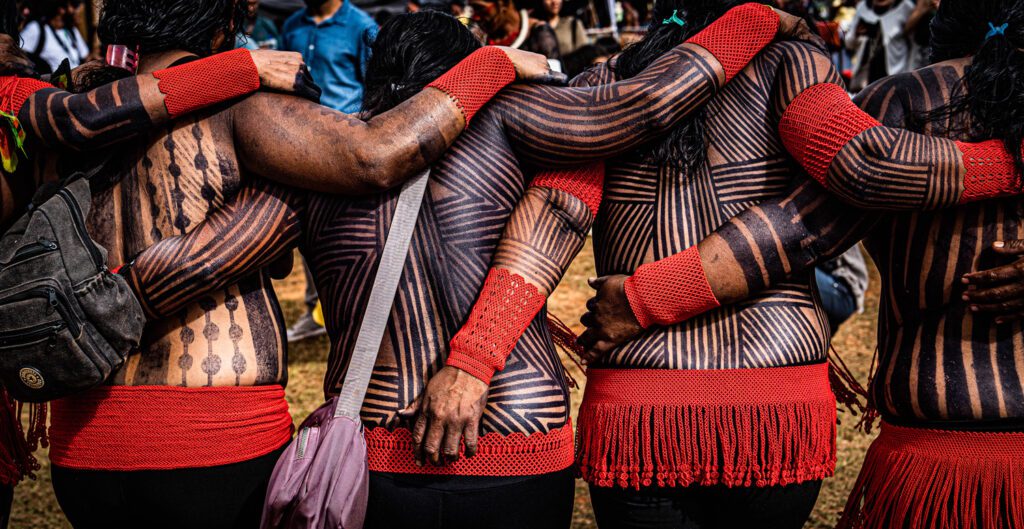Dom

Dom: The person
behind the name
Dominic Mark Phillips was born in the city of Bebington, in the County of Merseyside, England, in 1964. Born into a middle-class family, he began his studies in English in Liverpool, but did not complete his degree for a greater objective: to get to know the people and the world. Before Brazil, Dom lived in Denmark, Israel, Greece, and Australia.
Dom was an ethical, loving and kind person. He had a deep connection with nature.
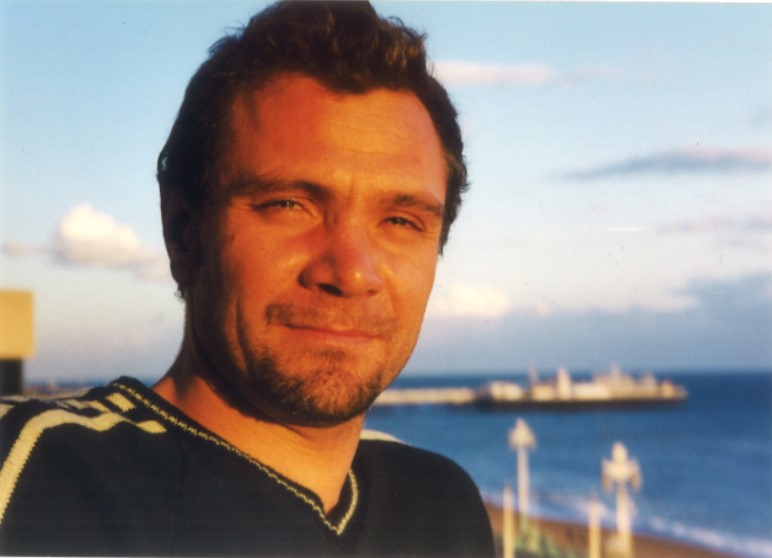
There is much more to it than pages and paragraphs. His friends know him as a smiley guy who gets up before sunrise to go stand-up paddleboarding. We know him as someone who is eagerly awaiting the paperwork so he can adopt a child with his wife. Dom is the friend who sends messages on WhatsApp on our birthdays and is the volunteer who gave English classes in favelas. One of the first things he did in Salvador was to get involved with Jovens Inovadores, a collective health program at UFBA. There, he was surrounded by young people, teenagers who he affectionately described as equally noisy, distracted and full of curiosity about the world.
— Excerpt taken from a letter written by 40 international correspondents and friends of Dom Phillips during the searches in June 2022.

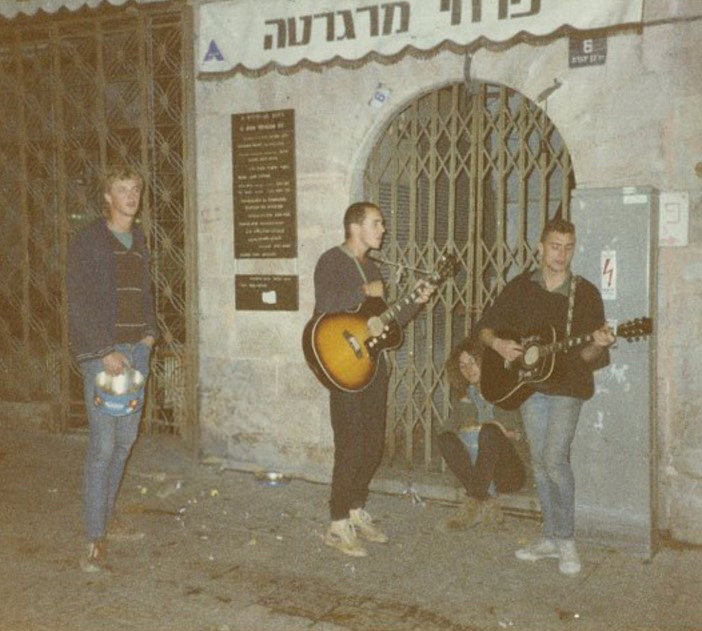
Music:
the first passion
Just like his parents and brothers, Dom has always loved music. As a teenager, he had a band with his friends and played on the streets as an amateur artist. His career began precisely with this passion, producing the music fanzines “The Subterranean” and “New City Press” and at a young age he participated in a weekly radio program as a DJ.
Interested in the vibrant English music scene of the 90s, Dom began working at MixMag magazine, which became a reference in electronic music culture. After some time, he decided to write a book about DJs and the history of this movement, called “Superstar DJs, Here We Go: The Rise and Fall of the Superstar DJs.” And it was while writing this book that he arrived in São Paulo in 2007 to spend a year. But Dom feels so at home that he never returns to England.
After 4 years he moved to Rio de Janeiro and married Alessandra Sampaio there. He began covering culture, politics, economics, public health, socio-environmental issues and the country's preparations for the 2014 World Cup and the 2016 Olympic Games. He was a freelance correspondent for major global outlets such as Washington Post, Reuters, Bloomberg, The Financial Times, The New York Times, The Intercept and The Guardian.
Amazon:
Journey of discovery
His first article published about the Amazon was in 2015 by The Washington Post, when he visited a large mine in Pará and identified the environmental, social and economic impacts of the project. From then on, his curiosity and interest in the Amazon biome increased and his network of contacts in the forest expanded.
In 2018, Dom met Bruno on an expedition to Vale do Javari – which is home to one of the largest concentrations of isolated indigenous people in the world. In the articles that emerge from this trip, Dom reveals his passion for the forest, as when he describes indigenous boys who had beaten “a beehive to drive the bees away” and then shared “their rust-red honeycomb, dripping with sweet, wild honey.” For him, enchantment was the key to reconnect with nature and to inspire a caring and respectful relationship with it.
During his numerous trips to the Amazon, Dom became increasingly convinced that the people of the forest and the professionals who worked to protect it should have their important knowledge shared with the world. And, with this in mind, in 2020, he began writing the book “How to save the Amazon: Ask the people who know”, which was the reason that took him to Vale do Javari in June 2022 in order to interview indigenous people about their protective measures against invaders and also riverside and fishing communities. Dom and Bruno were working when they were murdered, they were determined professionals and understood that, even though they worked in different areas, it was very important to join forces for the greater objective of protecting the forest and everyone who lives in it.
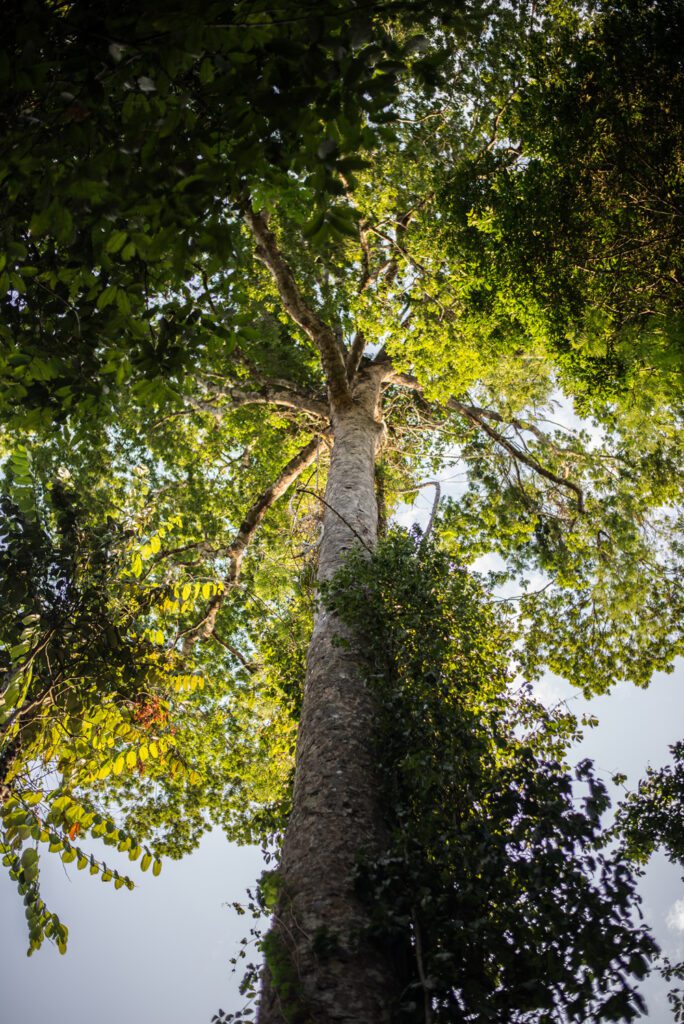
Francisco Piyãko, leader of the Ashaninka community, in Acre – one of Dom Phillips' last places of visit – in interview with the BBC.

His legacy:
an enchanted spirit
Beliefs from different indigenous ethnicities predict that when someone with such a close relationship with the forest dies, their spirit becomes an enchanted one: a sacred protector of the forests who punishes people when they mistreat nature. Who is to say Dom hasn’t become an enchanted spirit?!
In less metaphysical terms… Dom’s legacy ranges from increased international visibility about violence in the Amazon to the completion of his book by journalist friends. As an institute, we honour his commitment to bringing knowledge from inside the forest to the wider world, so that everyone can be enchanted just as he was.
